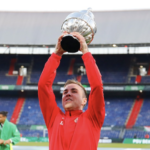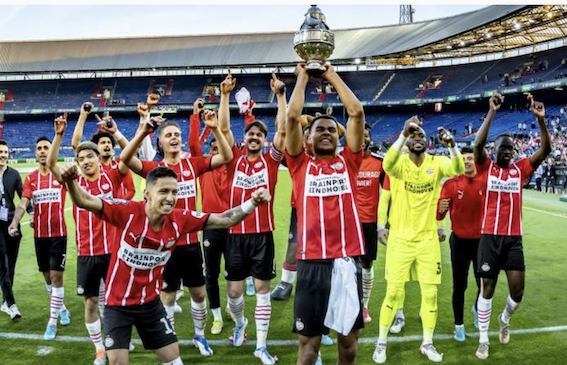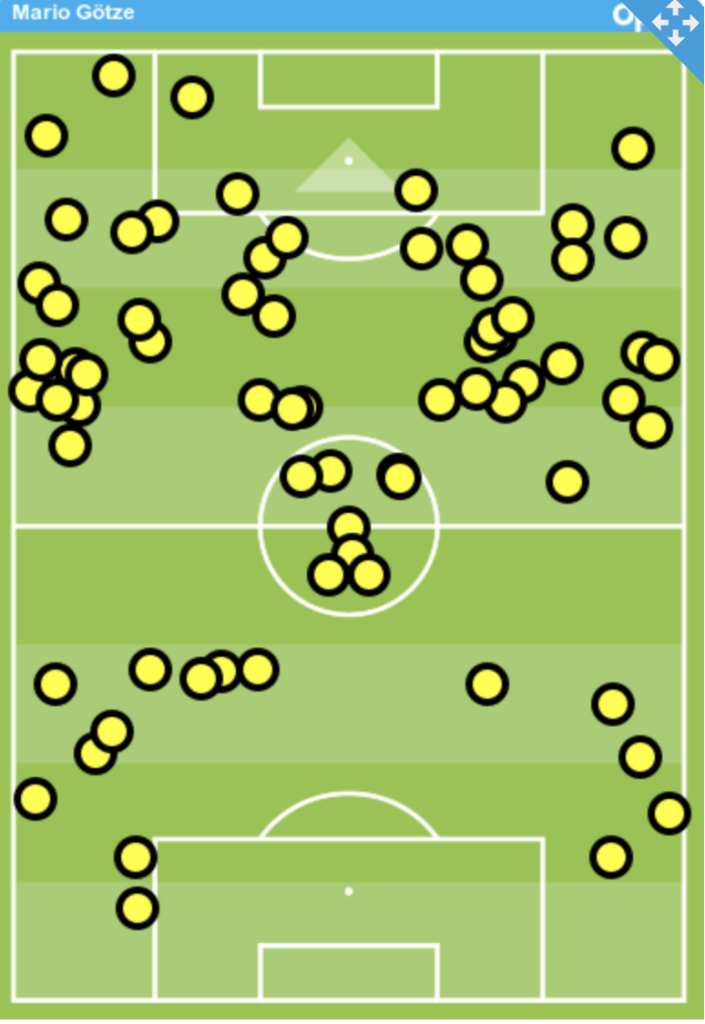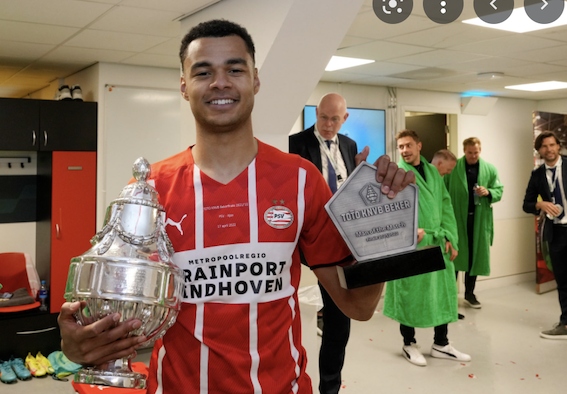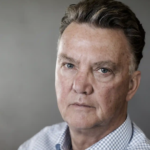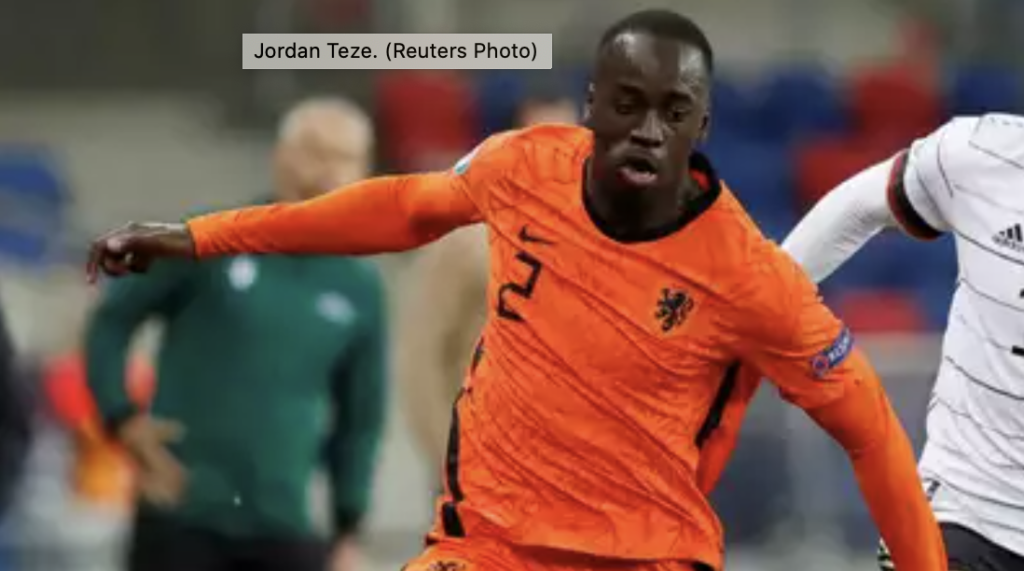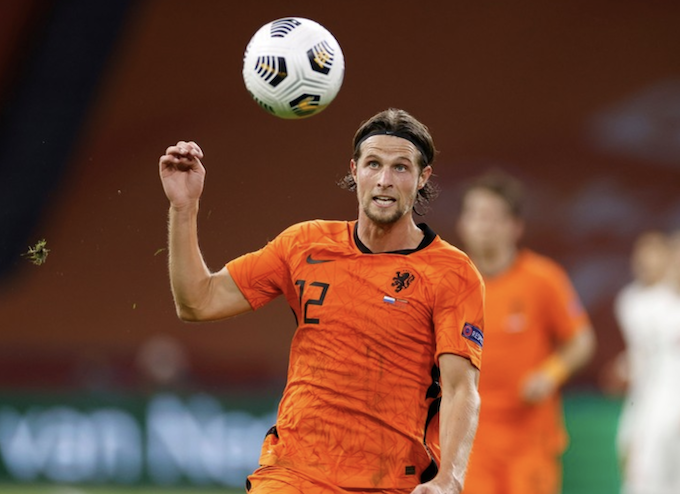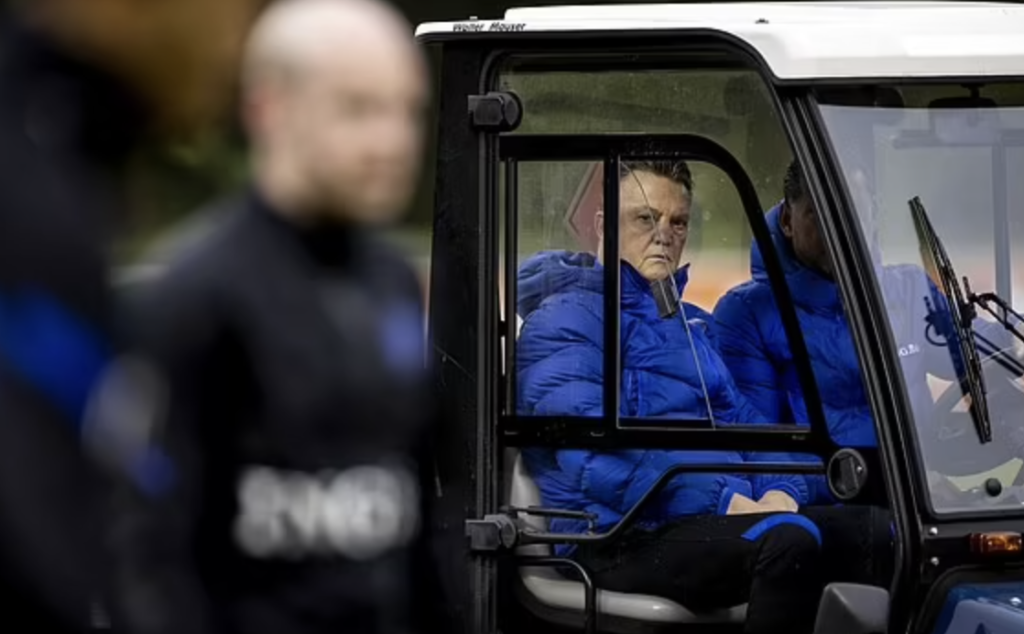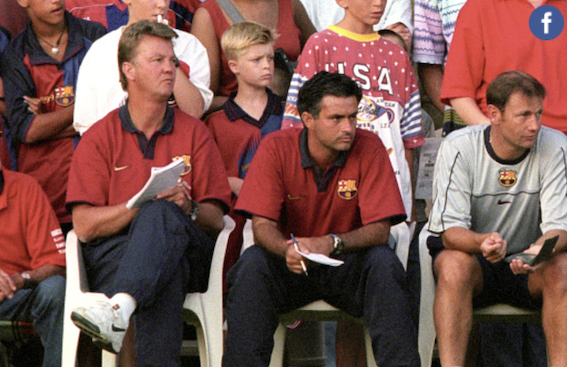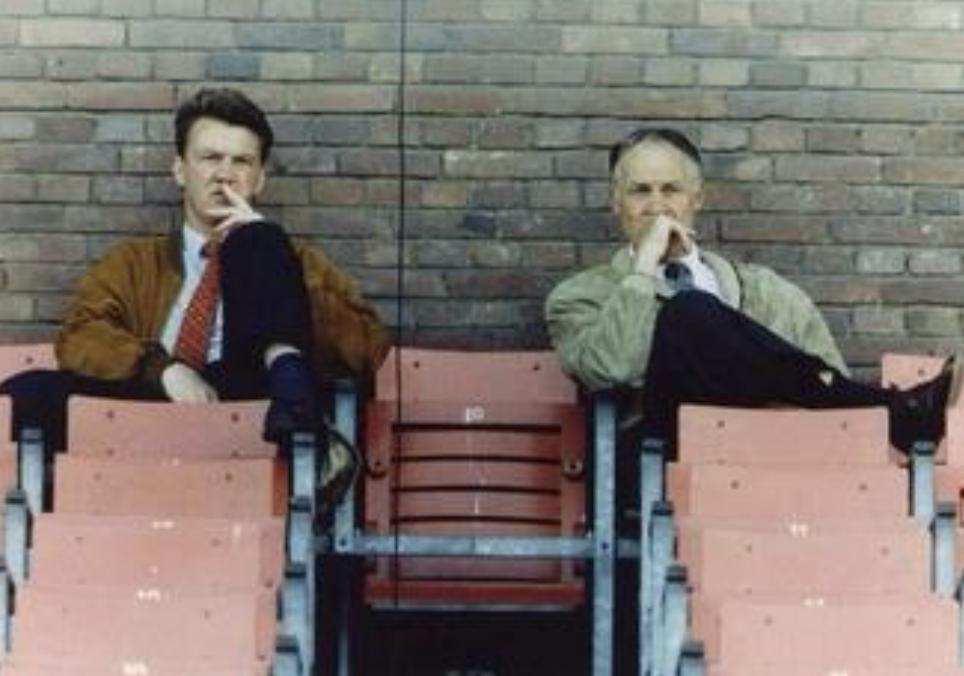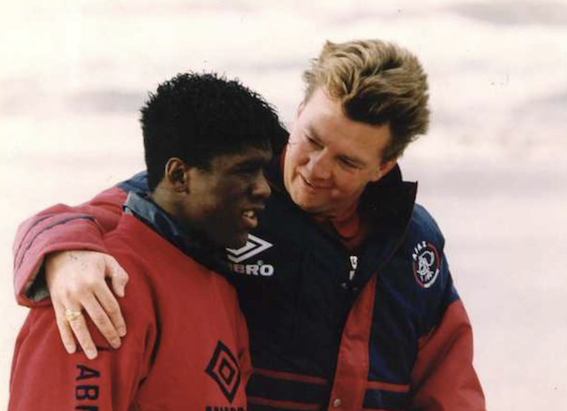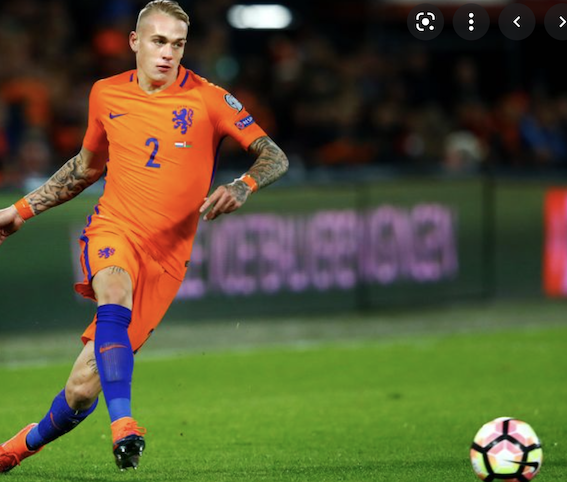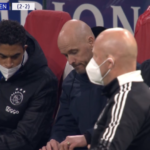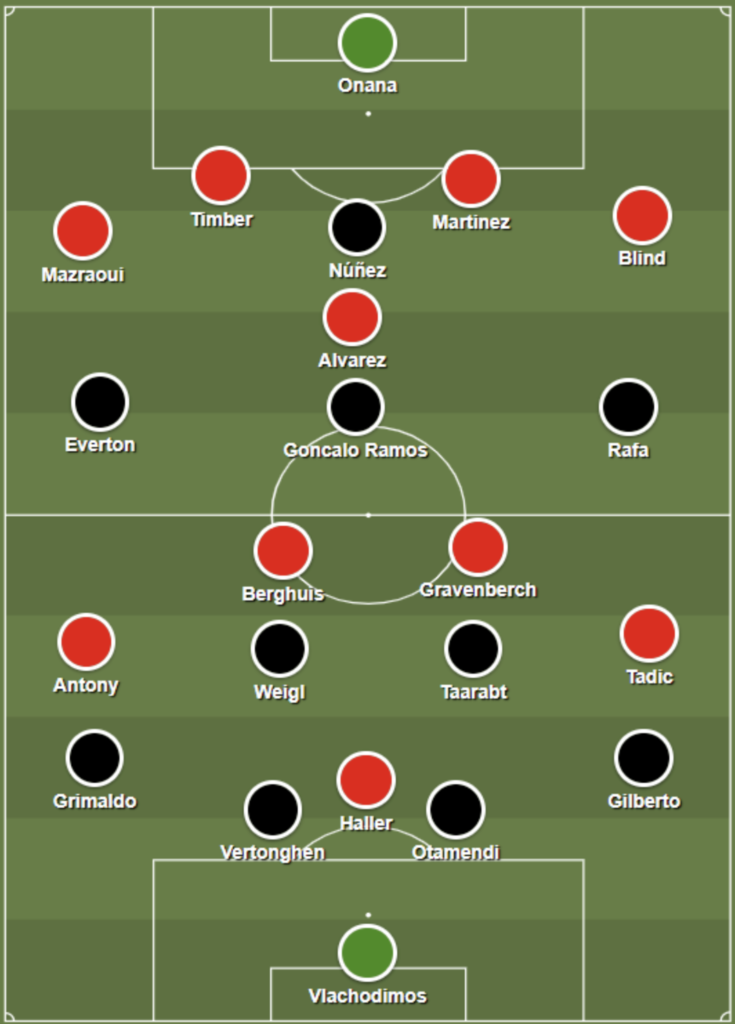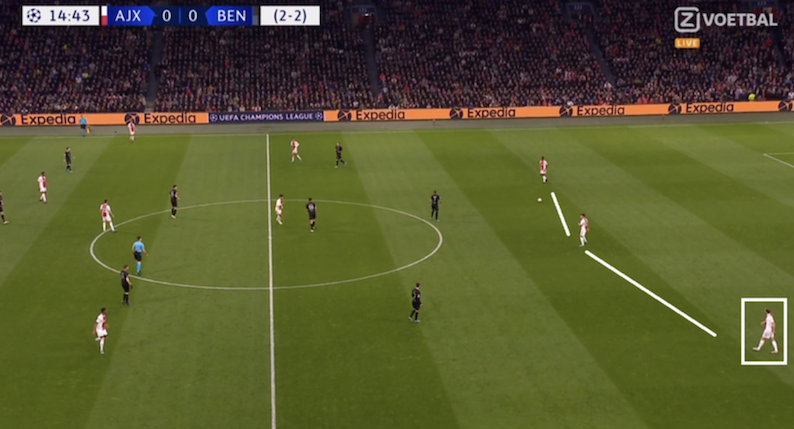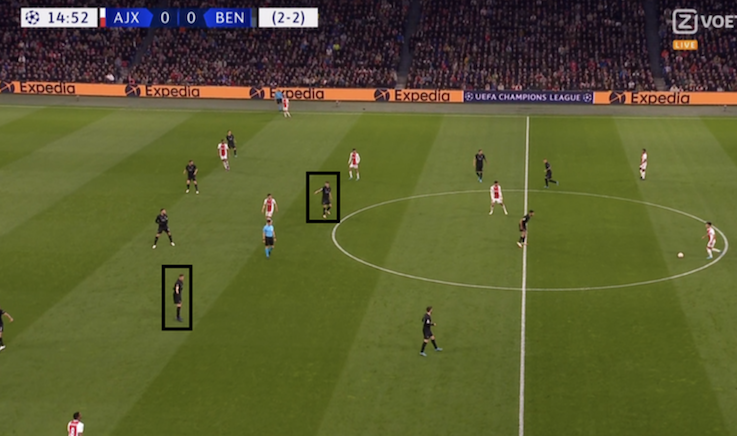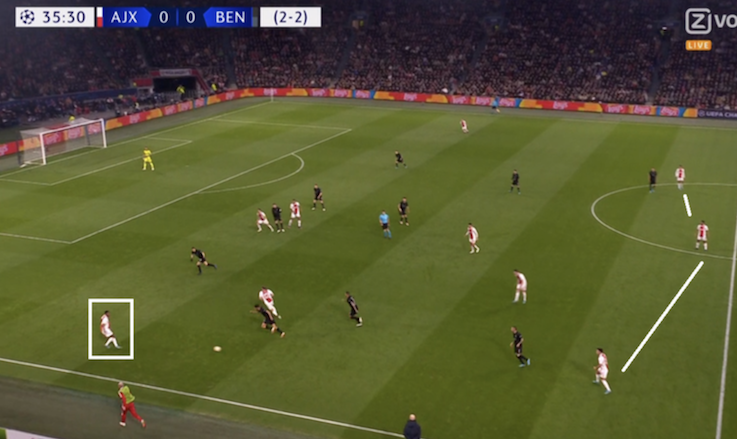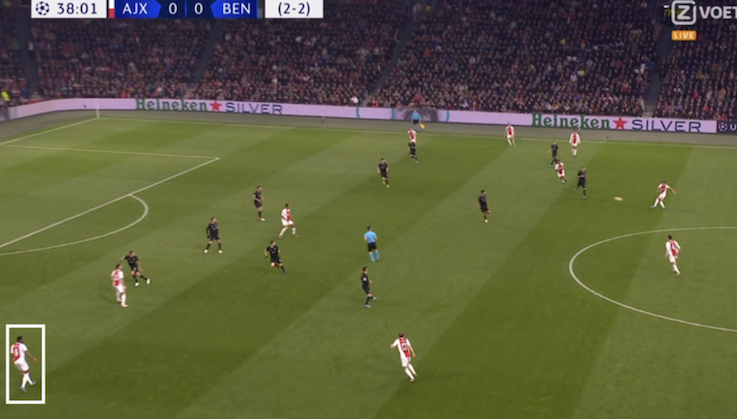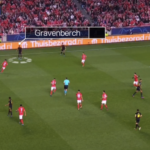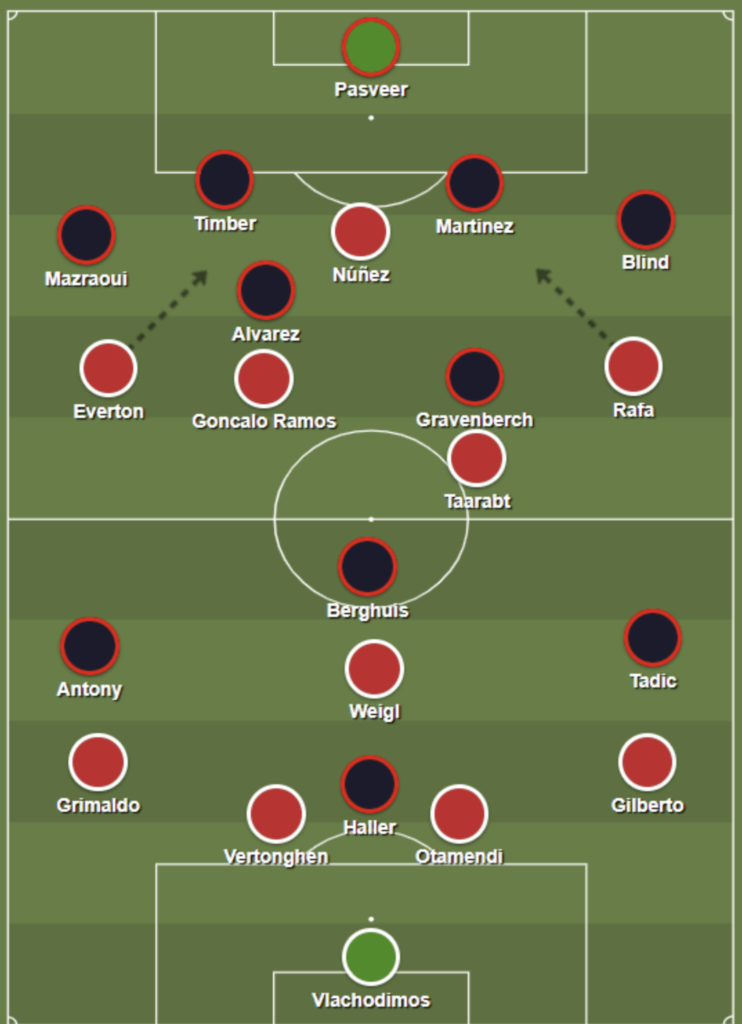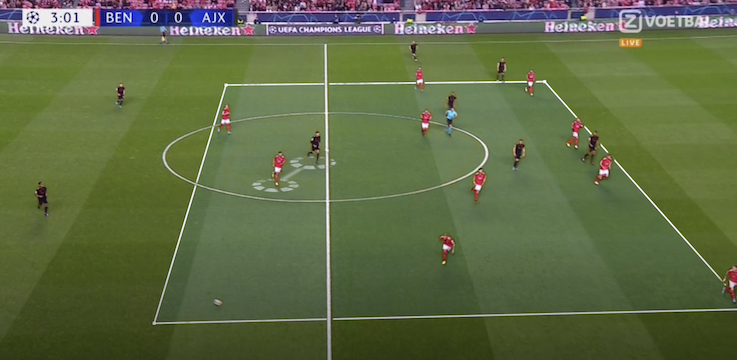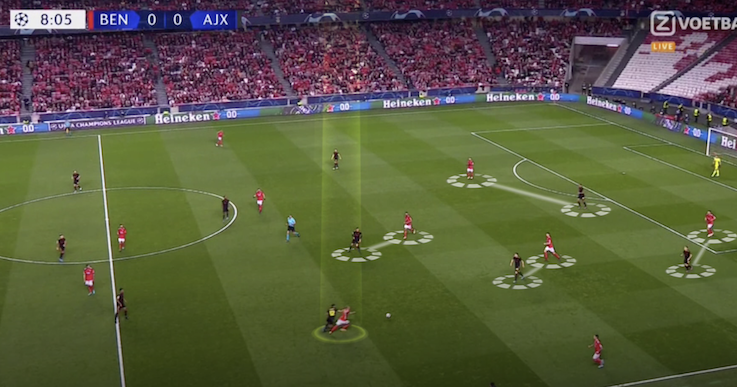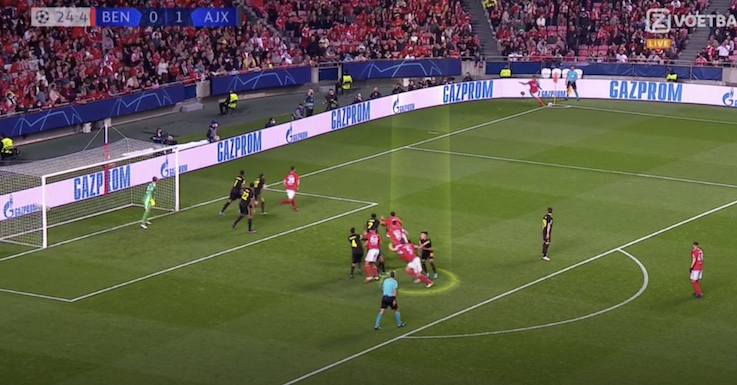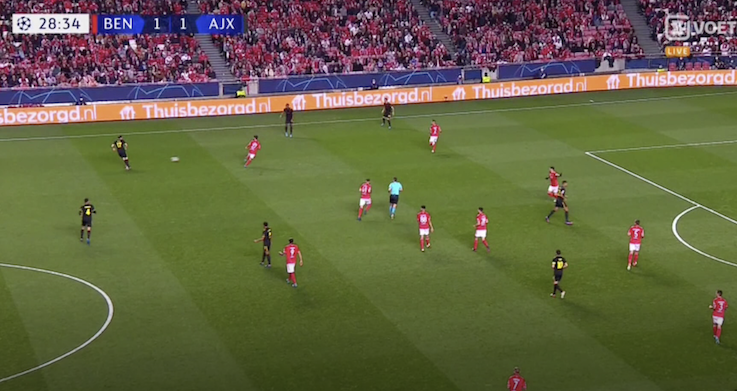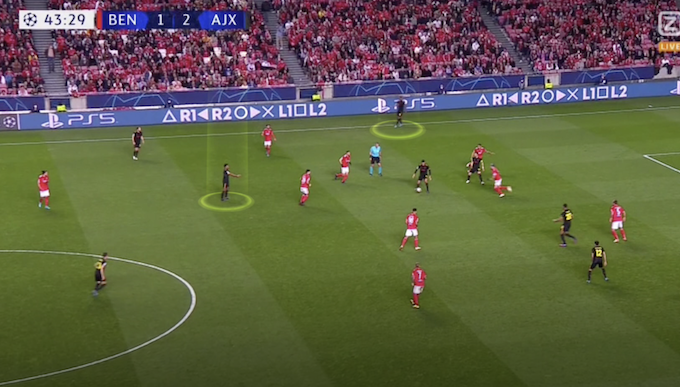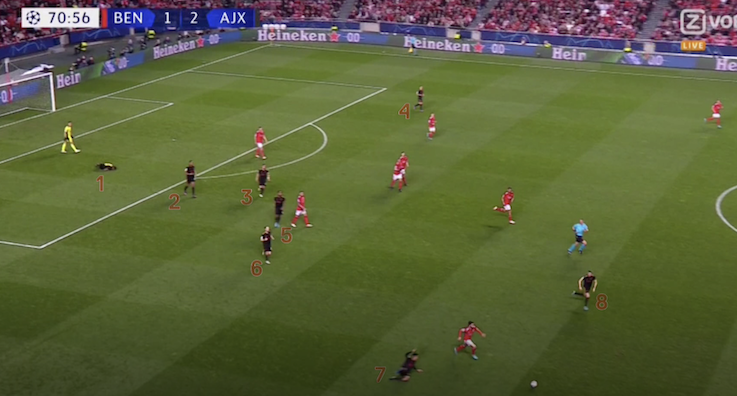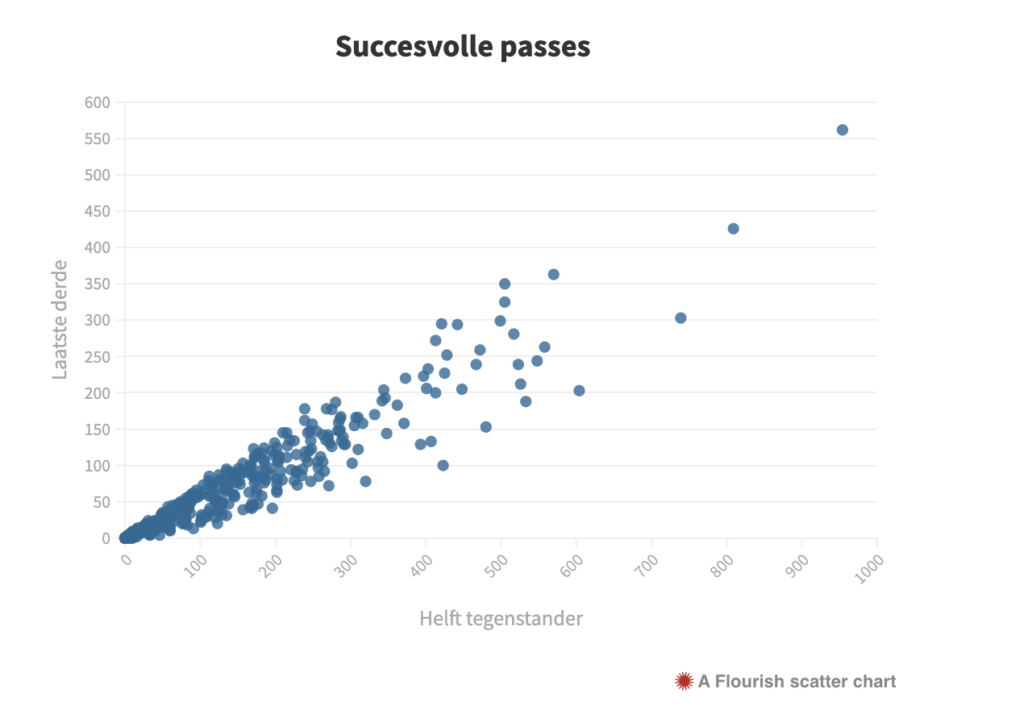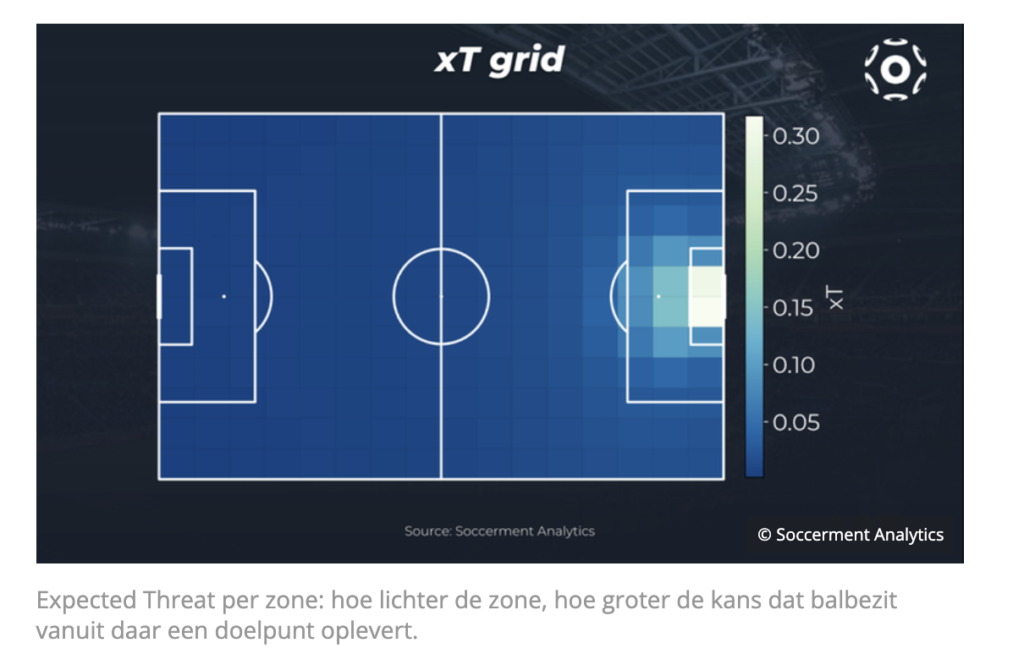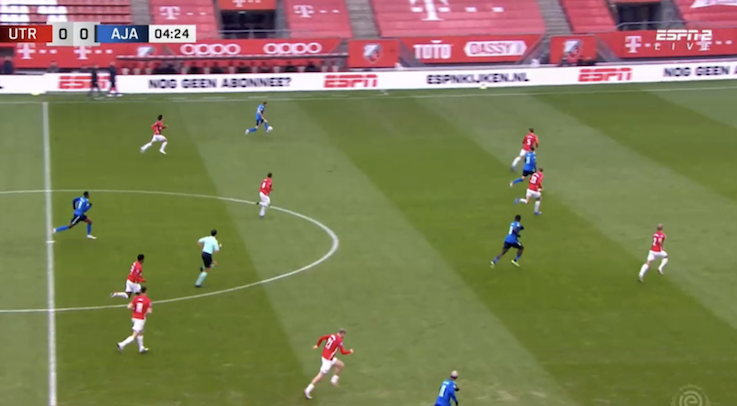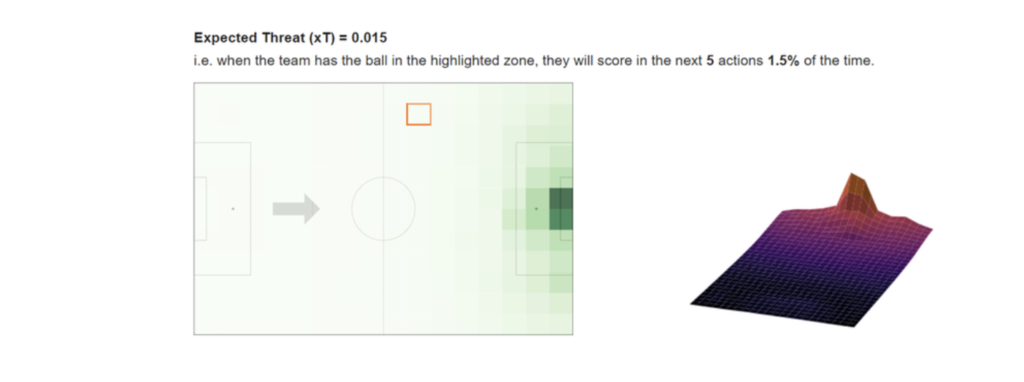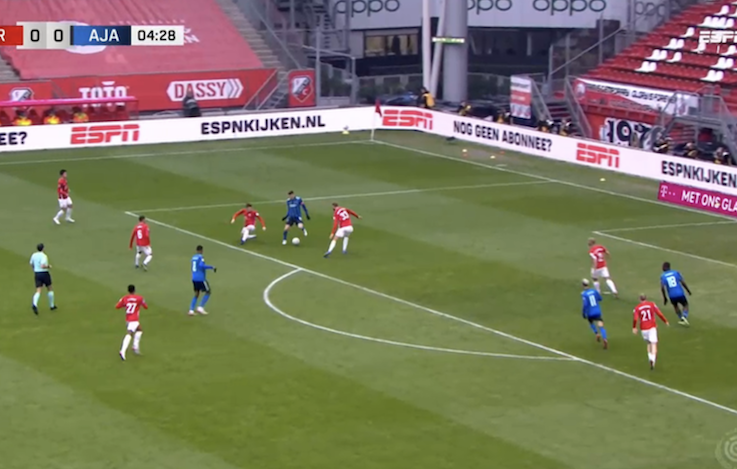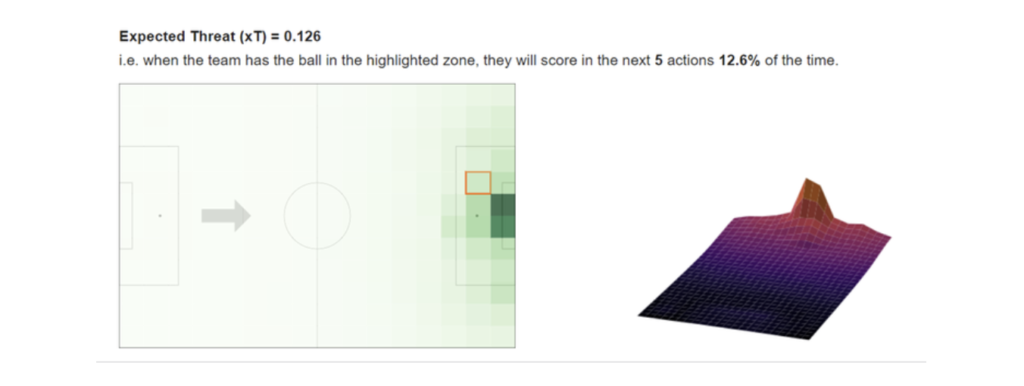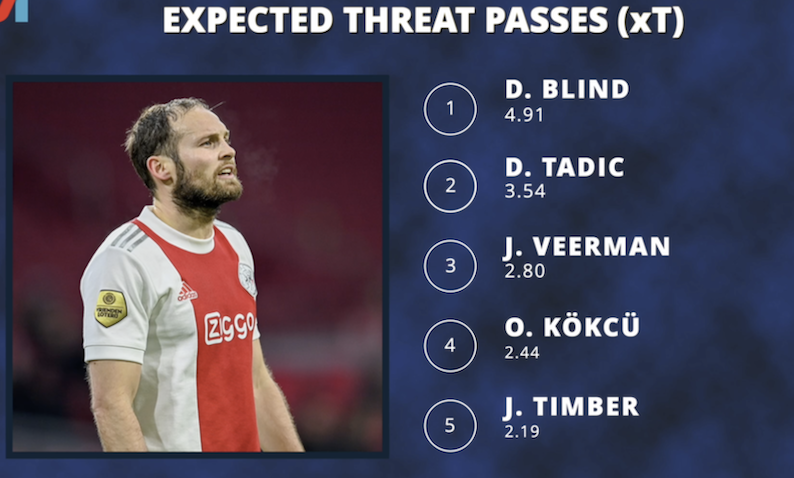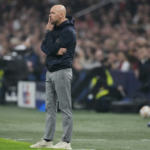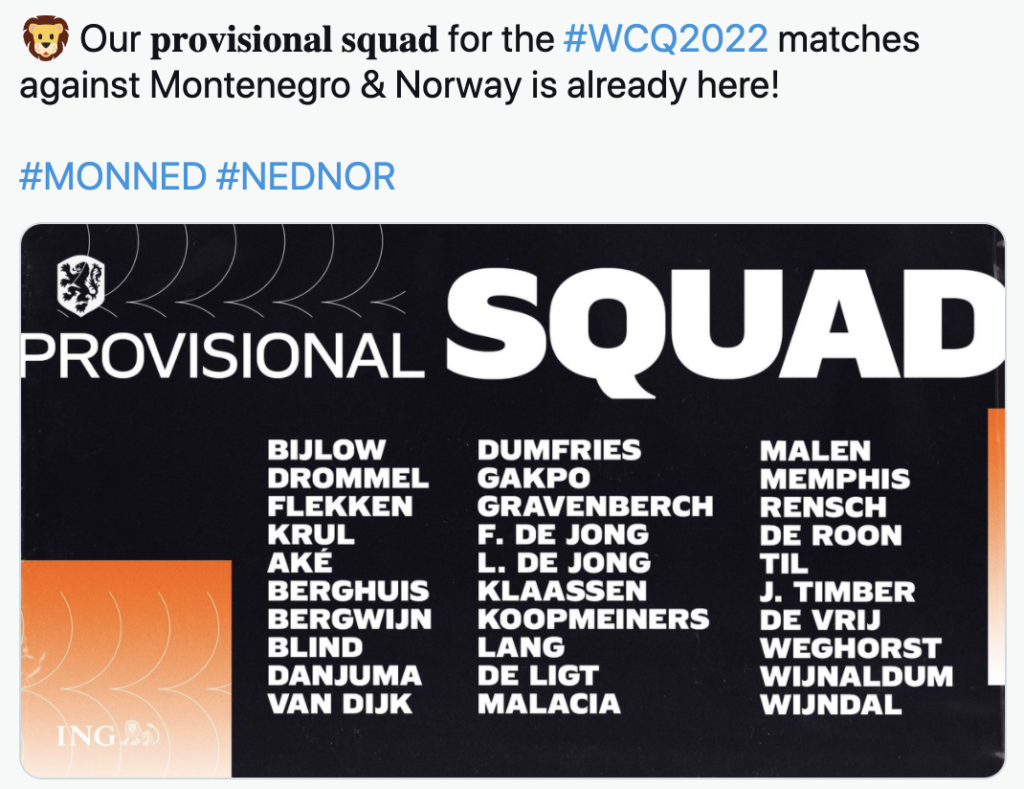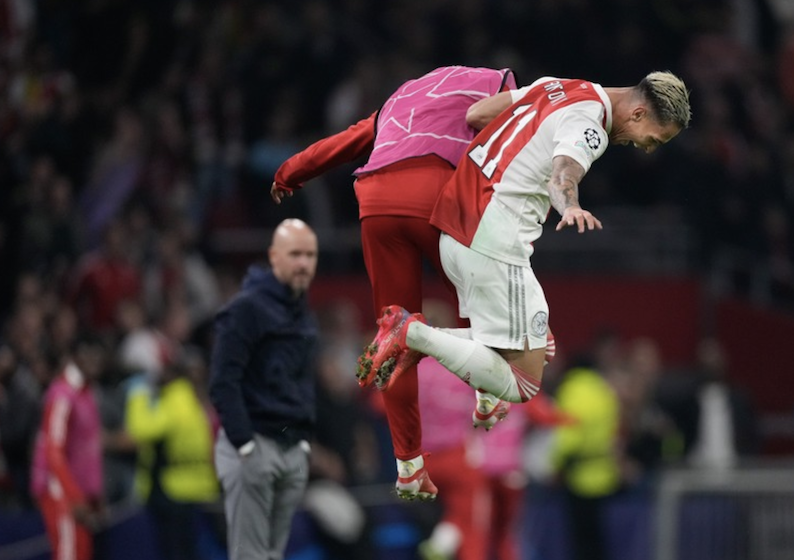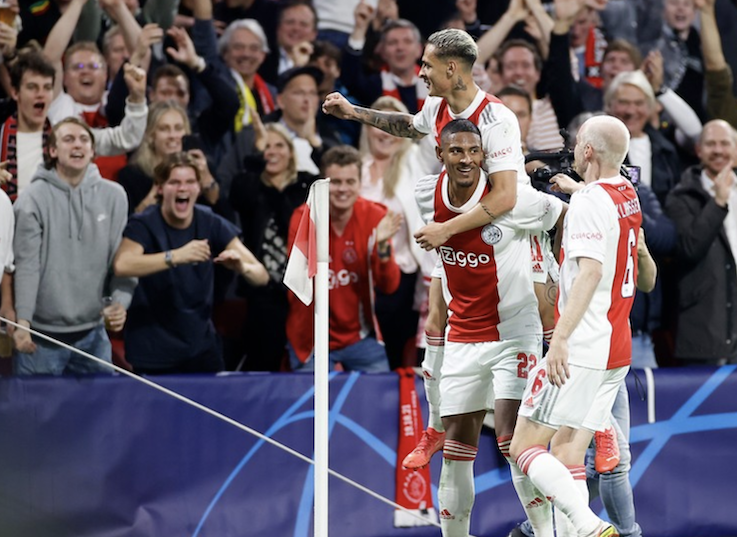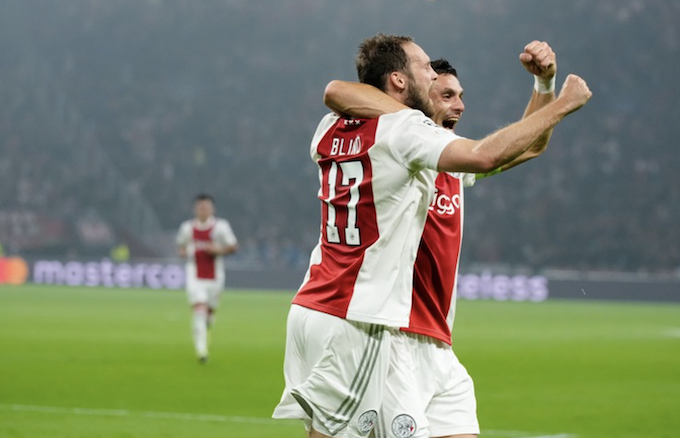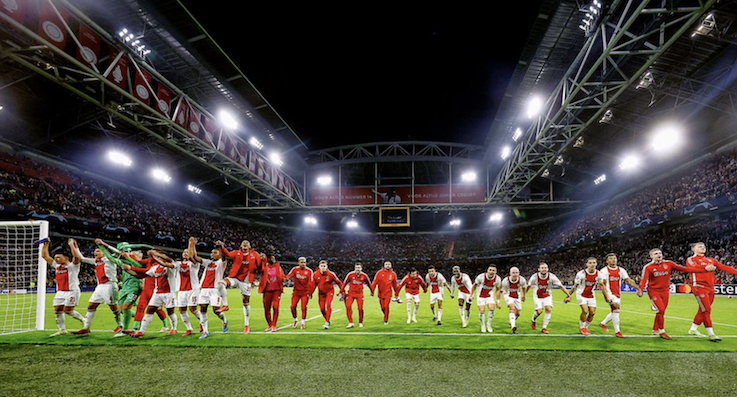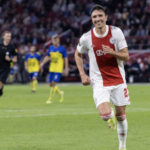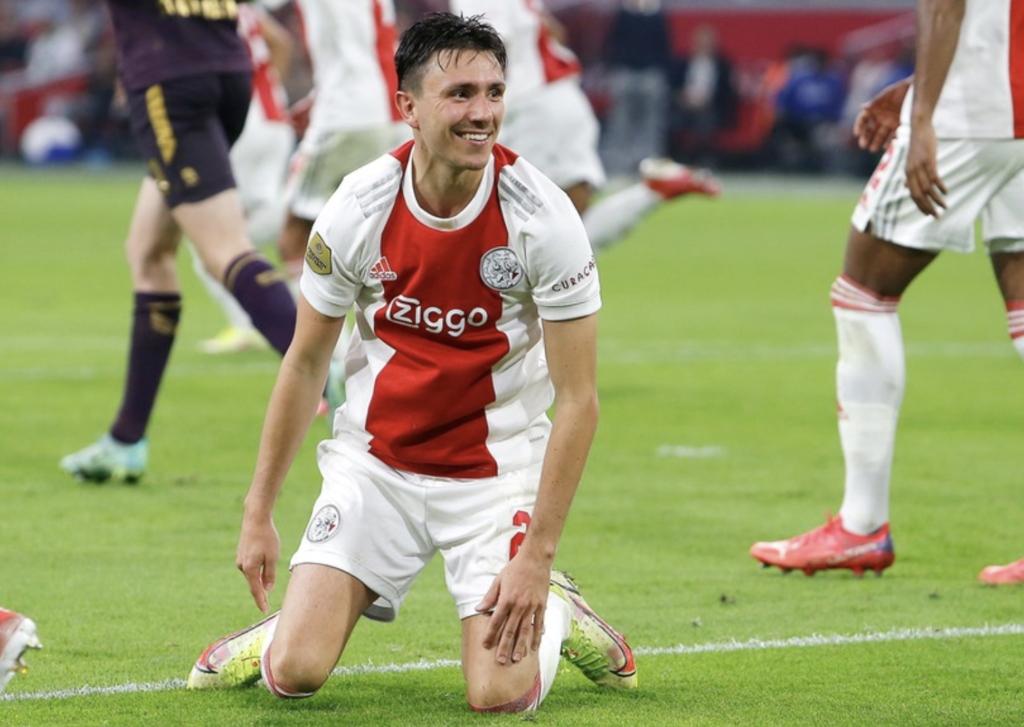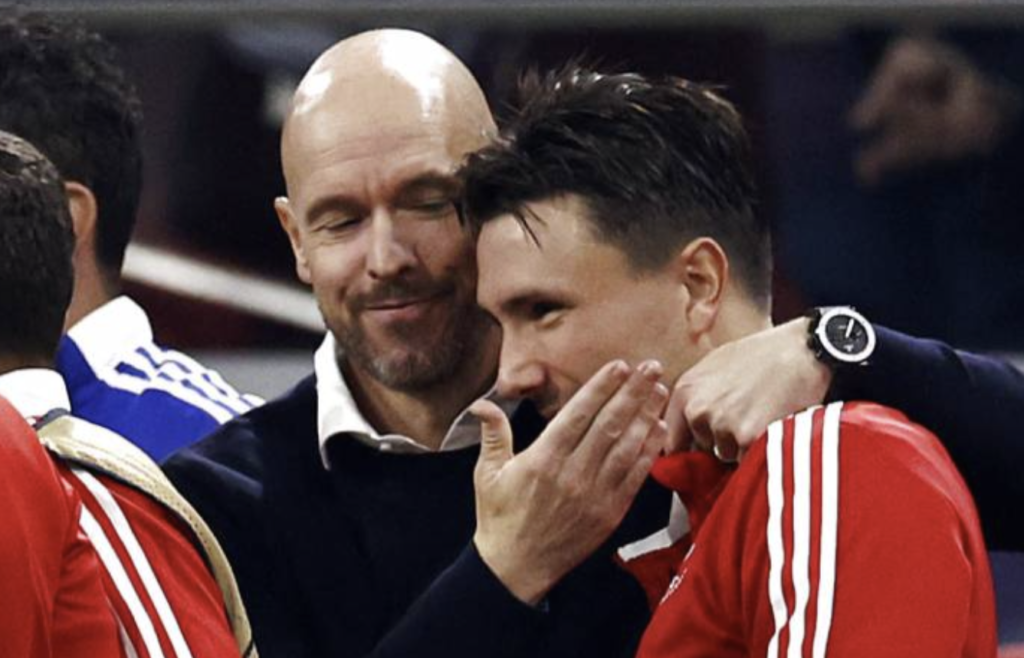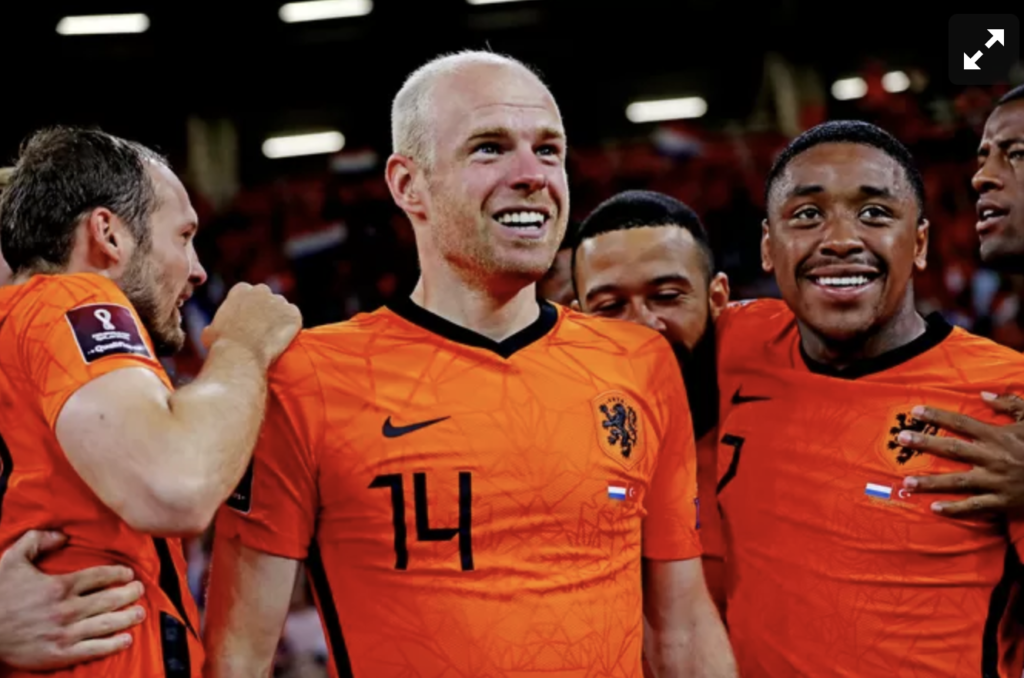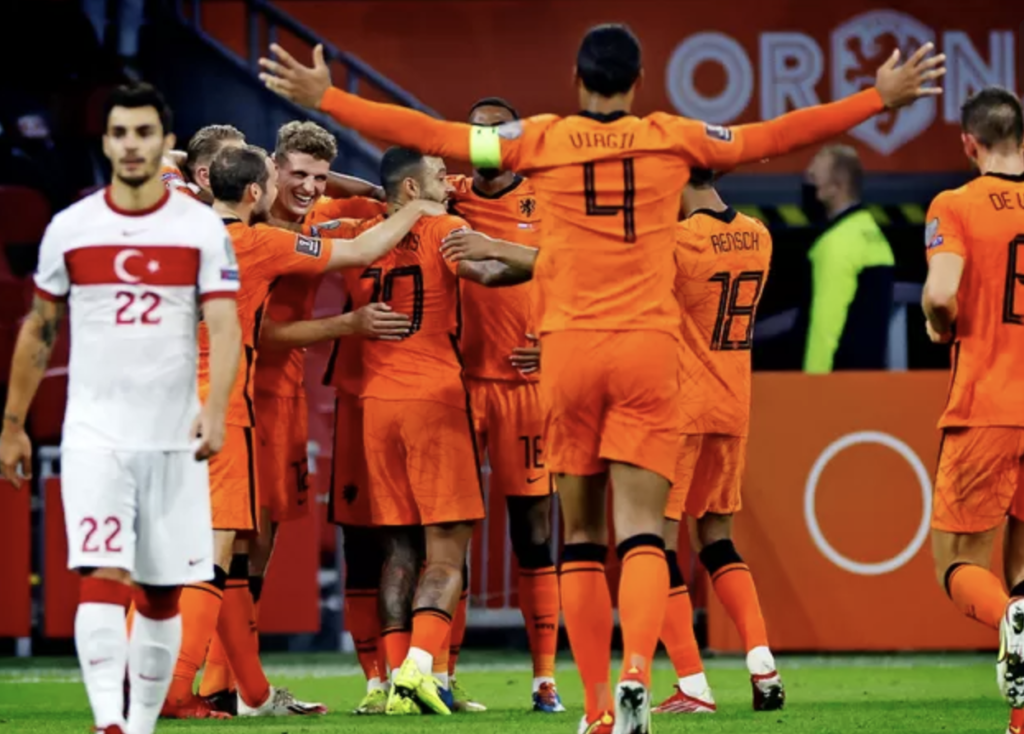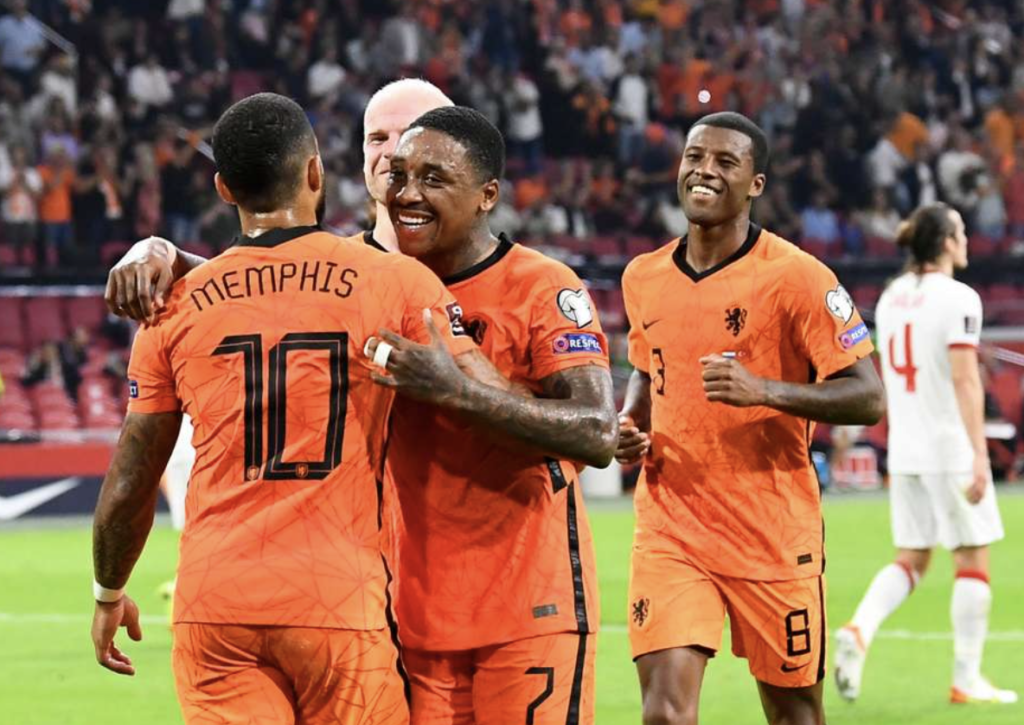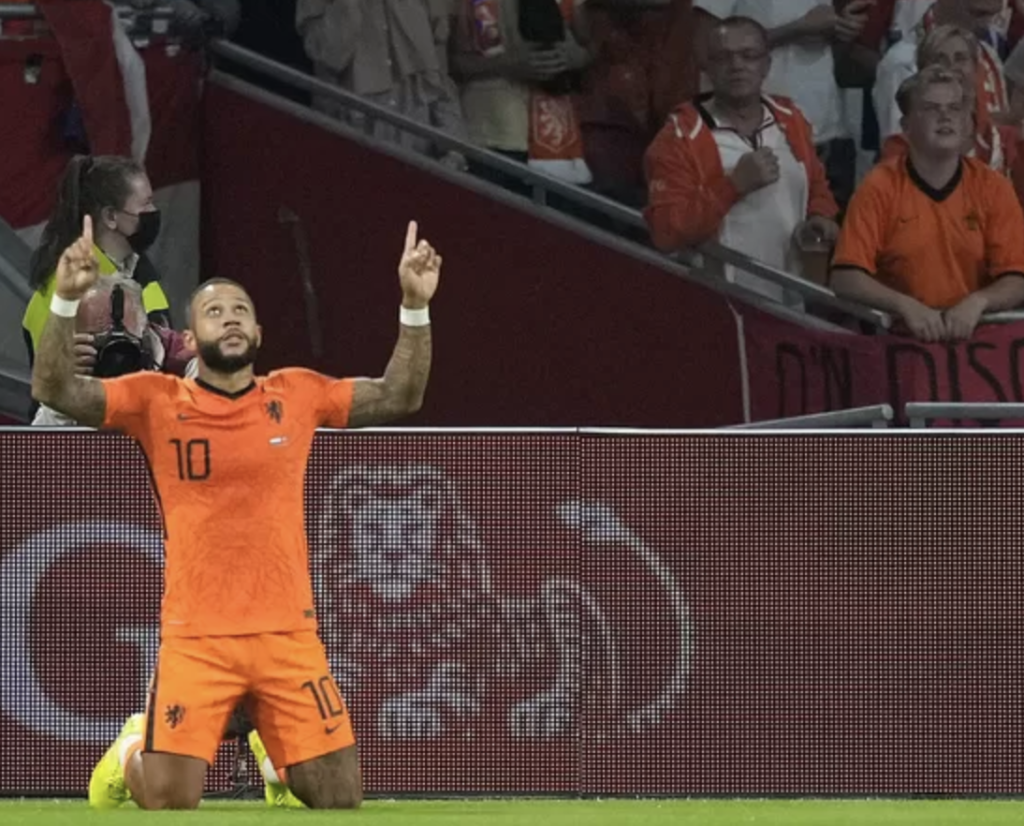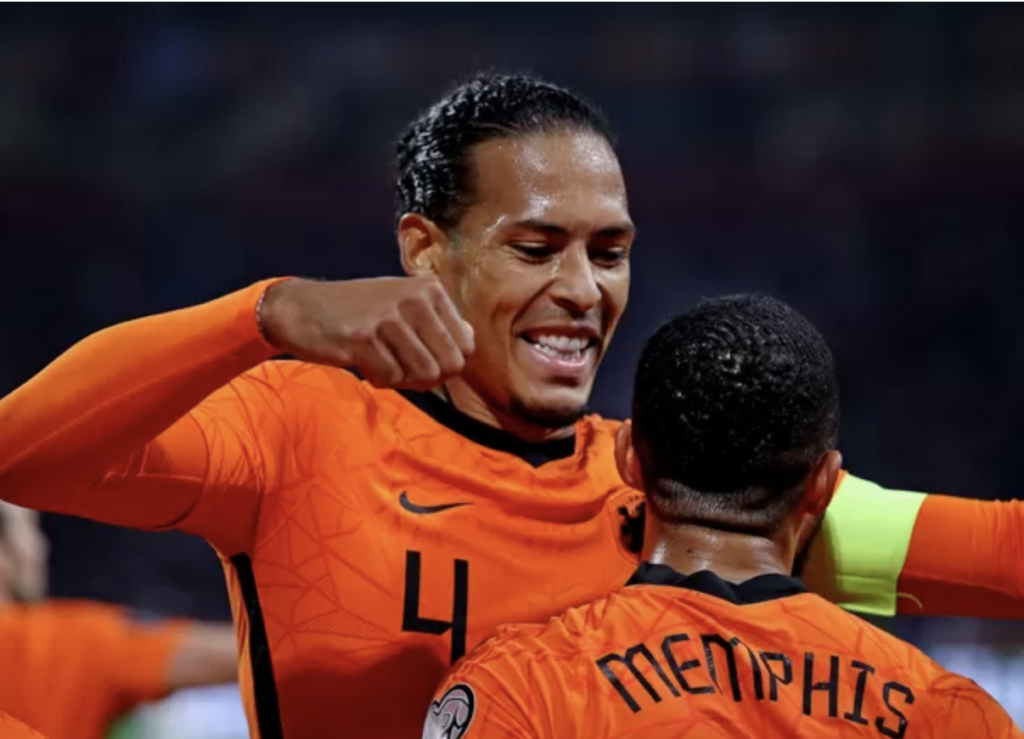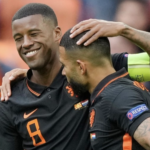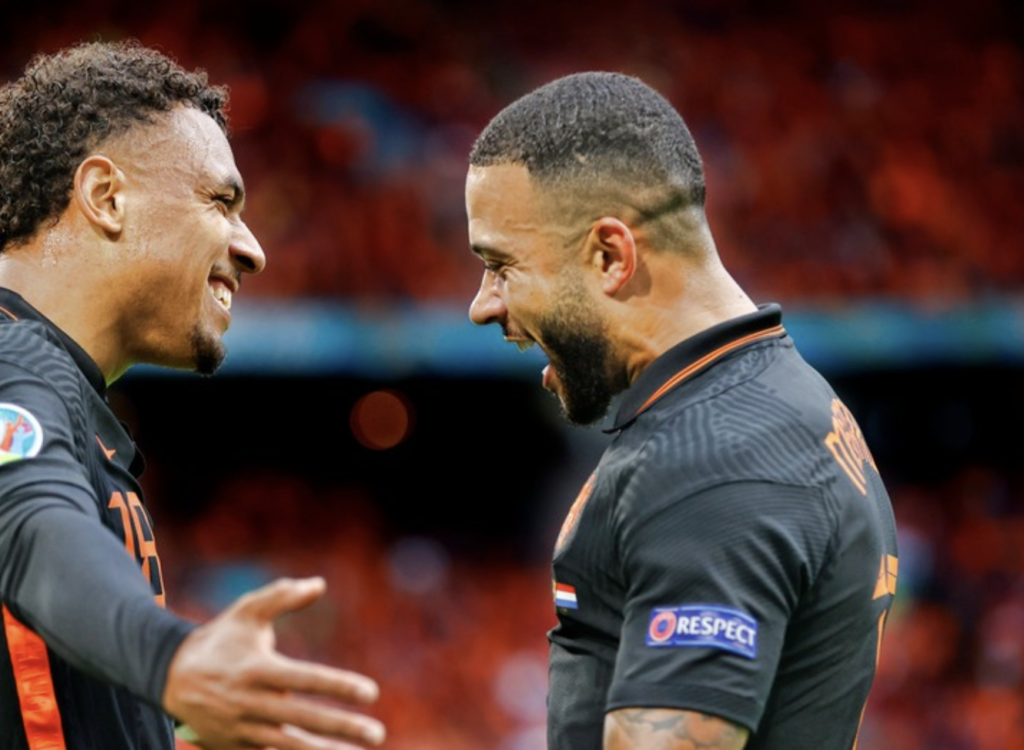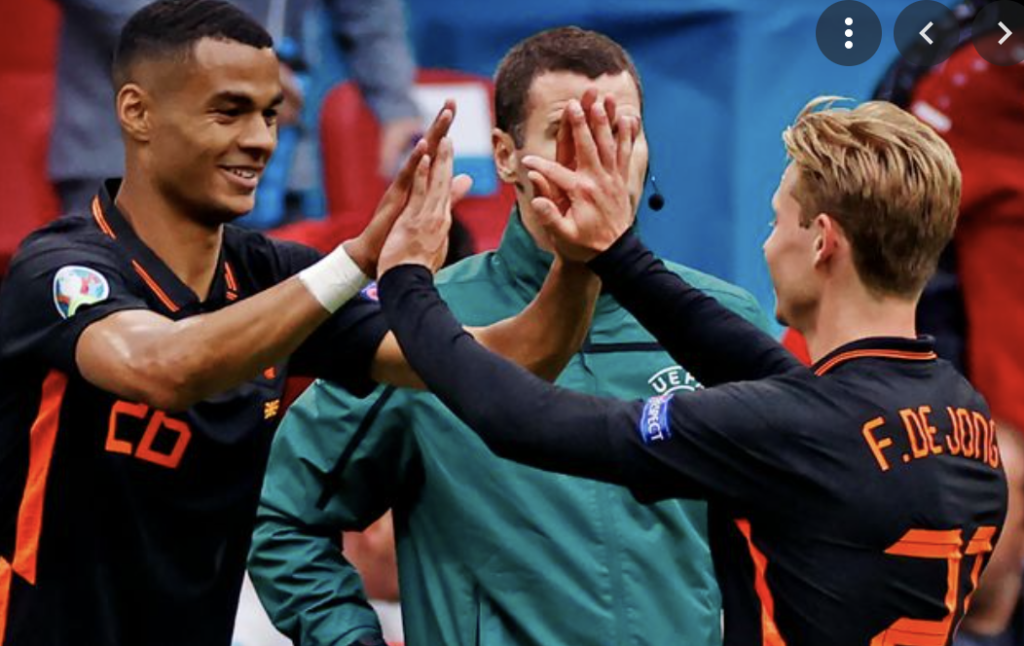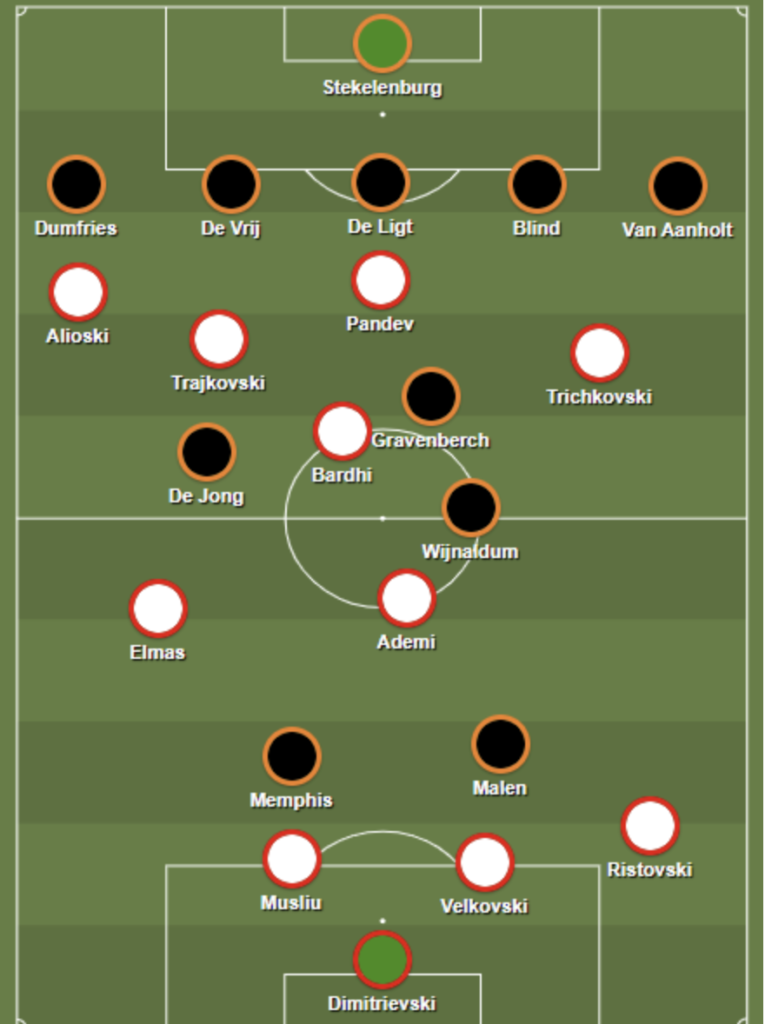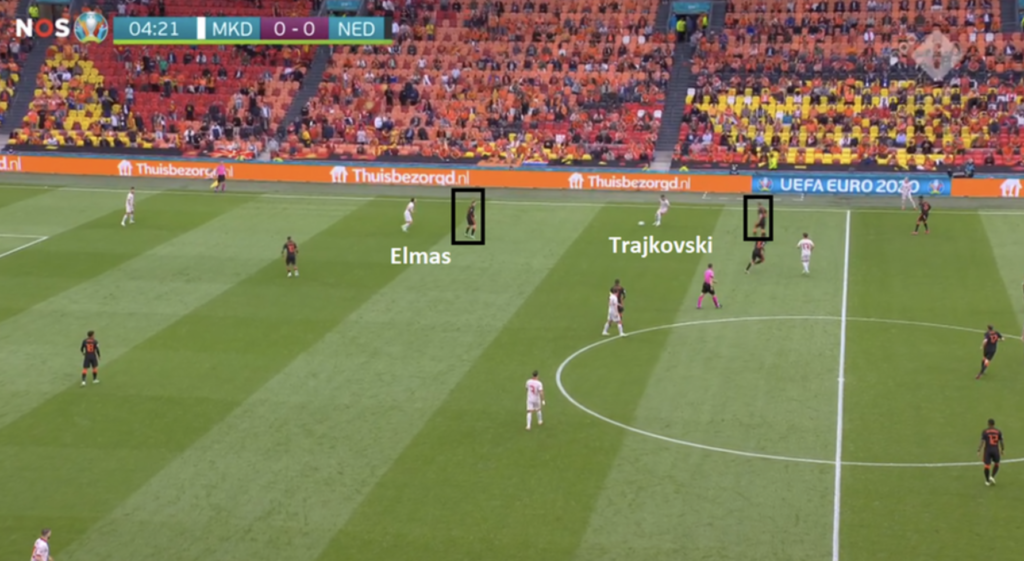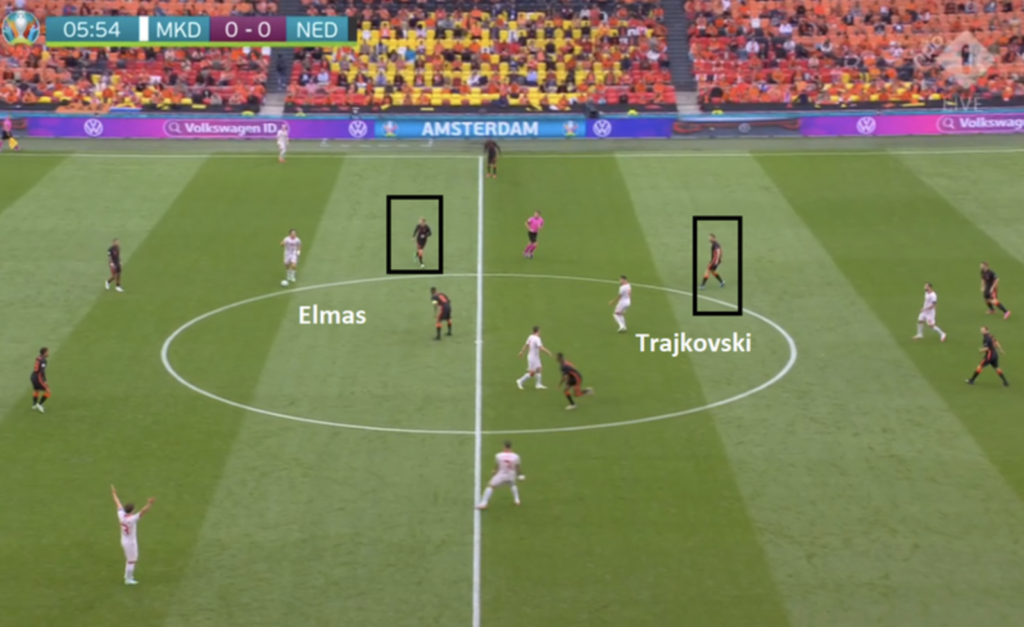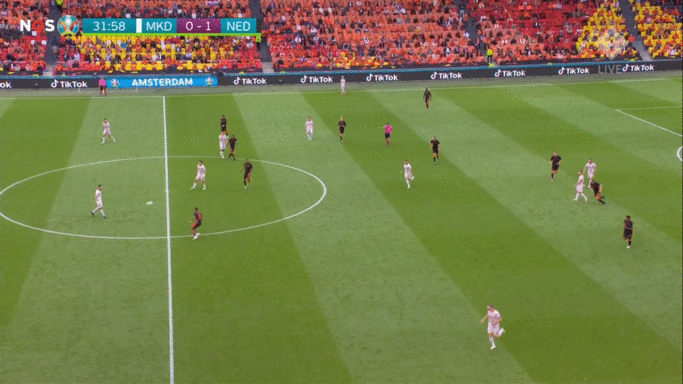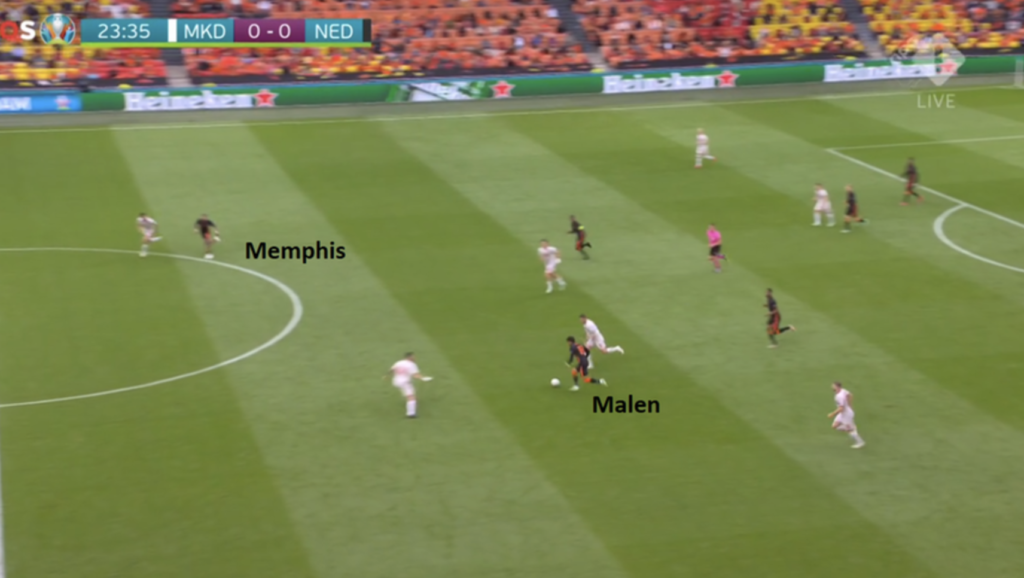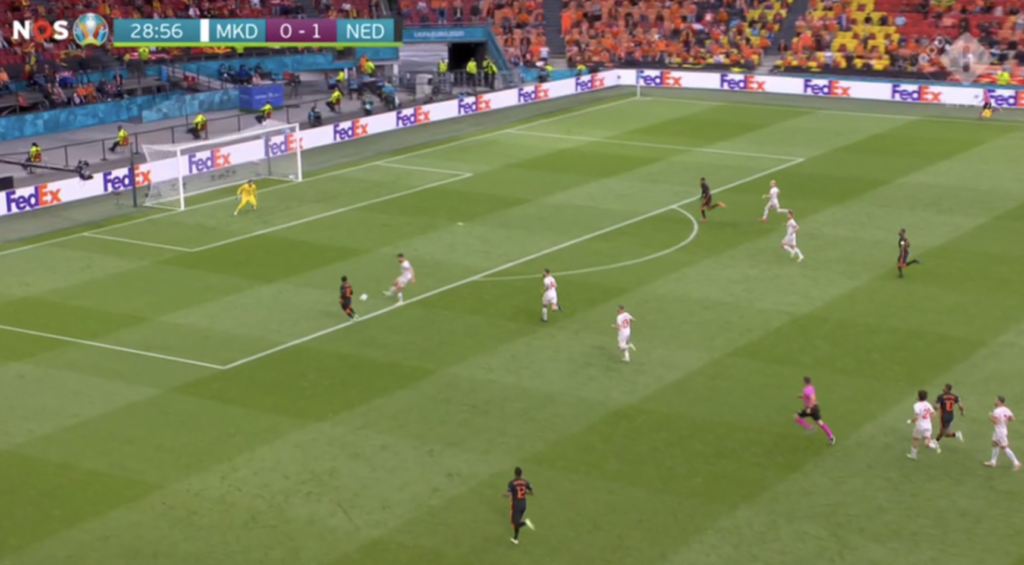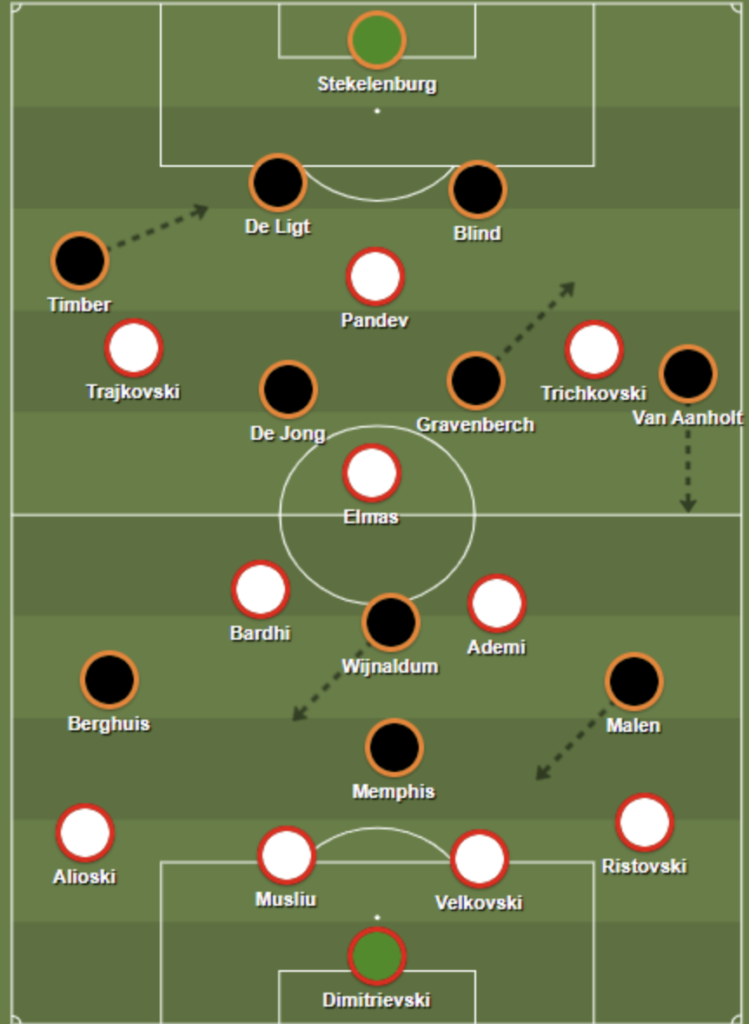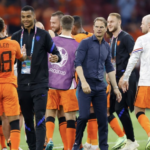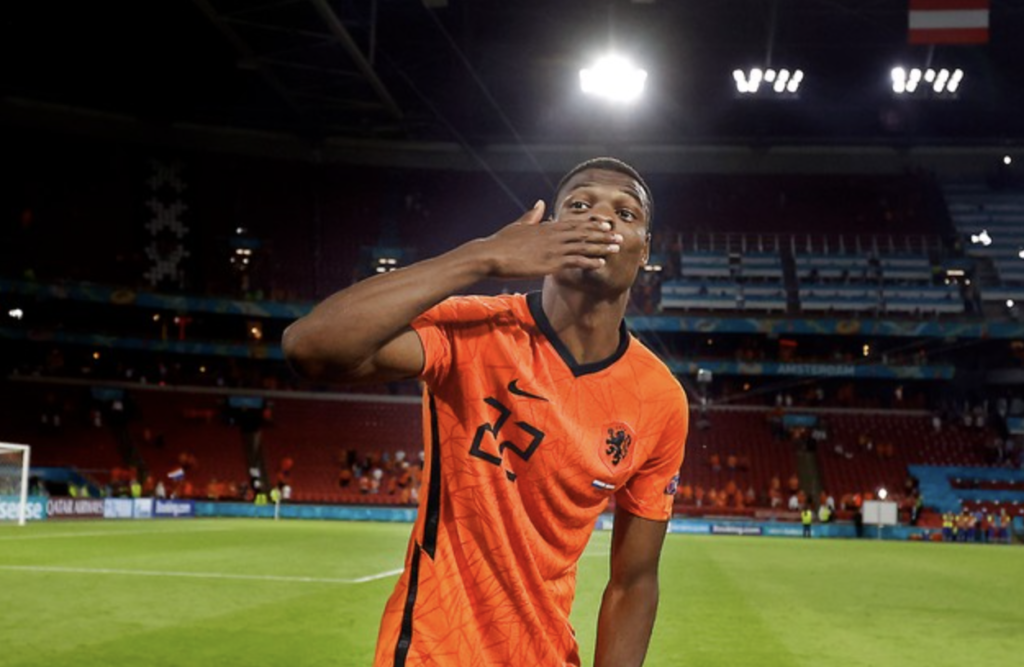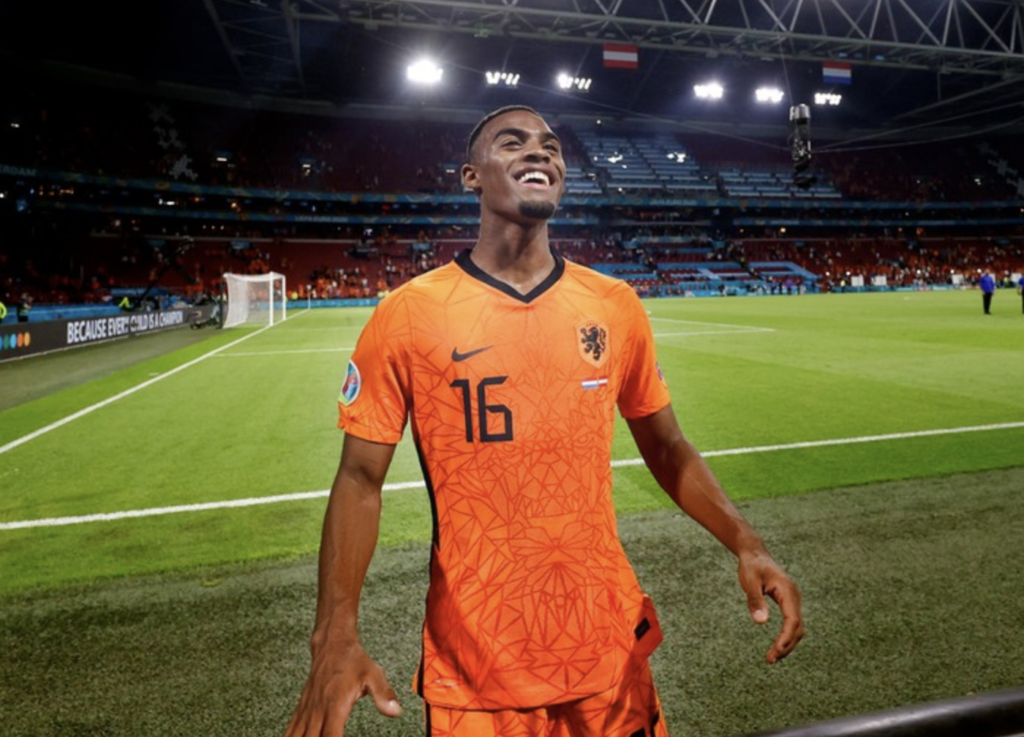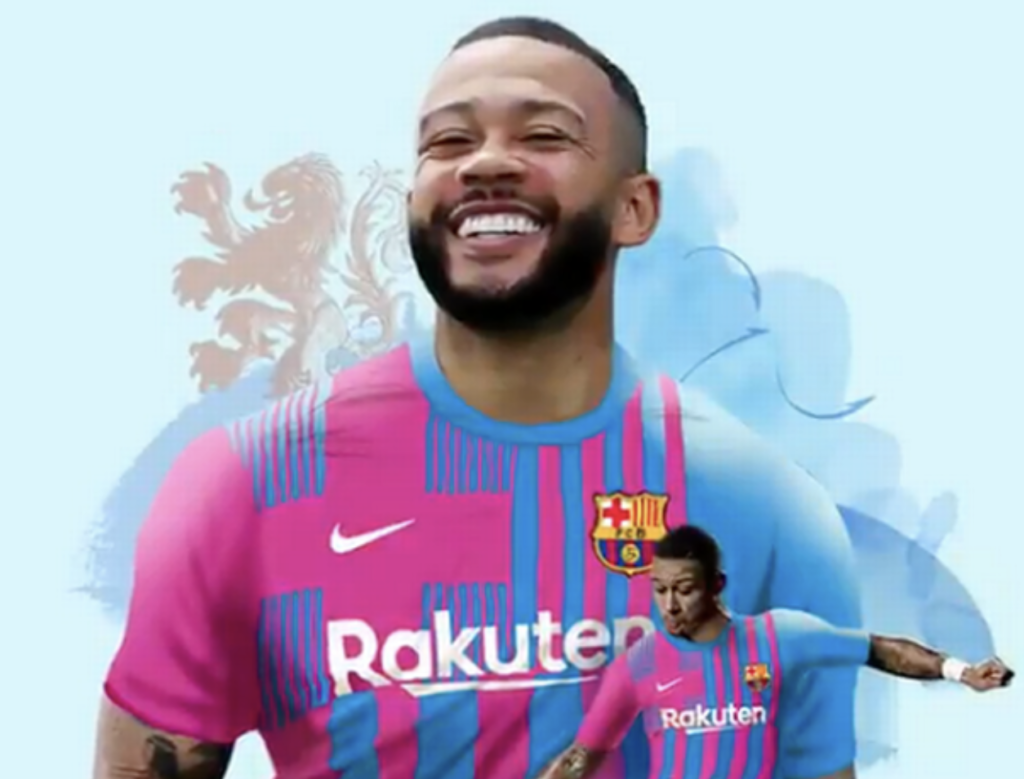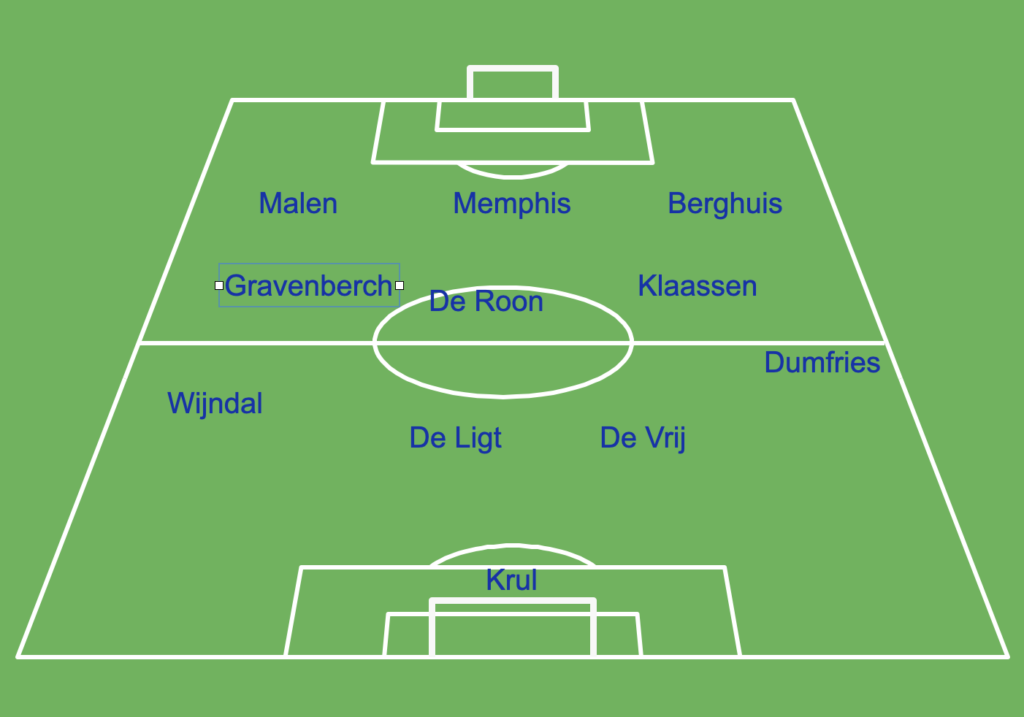When you view the Dutch Cup Final in highlights mode, you may have missed Mario Götze. And still, the 29 year old German was the man leading PSV to victory.
On October 6, 2020 a restaurant owner in Eindhoven tweeted to the world that he spotted World Champion Mario Götze at the PSV Stadium. No one believed him. Why would someone like him, the German wunderkind, want to play in the Eredivisie. But new PSV coach Roger Schmidt was able to convince the match winner of the World Cup 2014 finals and the shadow striker paid the coach back with dividend in the 2022 Cup Final.
PSV scored goals in the ten minutes after the break, to pivot the match in PSV’s benefit. Götze was not overly involved. He got the free kick, which enable Erick Gutierrez to score the 1-1. He chopped Daley Blind out of position and Tadic made the foul of the German, offering the Eindhoven club an opportunity to swing the ball in.
The second goal came after a stray pass from Martinez, which was intercepted by skipper Gakpo, who drove forward and hit the ball with his strong right foot in the near corner. Stekelenburg was blind-sighted by Klaassen after Alvarez went for the tackle a bit too eagerly and Cody Gakpo was able to avoid the Mexican. Götze role? He was the one closing the pass to Gravenberch, and immediately went for pressure on Martinez. He decided to play the ball long. The rest you know: 2-1.
The new Götze at PSV is not the man scoring the goals (that is now more for Zahavi, Gakpo or Manueke). He is also not so much the assist king. Veerman, Doan, again Gakpo or Sangare do well in this domain. Götze is the pre-assist king. He dominated between the two boxes with his vision and technique. He is constantly looking for the free spaces to make sure there is an option available for his team mates and was always the extra man available for a pass. In that central “10” position, he has the freedom to go where he can be of most use. He had the most dribbles versus Ajax, he was fouled most by Ajax and had the most successful passes (31). And where he had his touches explains his role in the team, playing from left back to right winger.
On top of that: he works his butt off. He had 25 duels in the Ajax game and won 12 of them. The last PSV player with this many duels one on one, was Luuk de Jong, in 2019. Schmidt after the Ajax match: “I have to check the stats but I think Mario must have ran 25 kilometers!” When Schmidt told Götze his joke, the former Dortmund star quipped: “Correct, but that was measured after 60 minutes!”.
Thanks to Götze, Alvarez was playing with the invisibility cloak. Götze would take care of the Mexican and would then move forward to press Martinez. A typical Götze move for this match was in the 85th minute. He anticipated better than Davy Klaassen on a on a high ball and then took the ball of Berghuis with a sliding tackle. Two minutes later, he picks up a headed ball by Gravenberch and offers Vertessen a great chance, who hit the post. This playmaker was in the spot light for his ball retention. Because this game needed that.
It is not new that Mario Götze is the key man with his passing and his defensive work. In the Europe League match vs Real Sociedad, he also impressed with his work rate. He ran 4,3 kilometers at “high intensity” as it’s called, which was more than 1/3 of all his running. The highest ever in the history of PSV’s stats driven analyses. His pass accuracy is also amazing: 87,1% of all passes end up with a team mate. Only Erick Gutierrez has a higher rate but he plays the controlling mid role and will play more riskless passes. There is no other attacking mid in the Eredivisie with better stats than Götze.
Götze should not be judged on his goals and assists. He is the oil in the PSV machine. He will add to the build up of PSV but also work hard to break down anything their opponents want to conjure up.
The question now is: where will his new ceiling be? He never made a secret of his ambition to want to win the Champions League. He won’t do that with PSV, most likely. Now Schmidt is leaving, the chances are high that Super Mario will leave as well. He also expressed interest in playing another World Cup. Fair play to him. His contract at PSV goes till 2024 but odds are he will leave before that. His goals will be replaced. But his intelligent “middle ware” will be missed. His work ethics will not be easily replaced.
After the Cup Final, Ten Hag muttered that his team was the only team deserving of the win. Schmidt said the same thing about PSV. The stats demonstrate why both coaches would say this.
Shots and Expected Goals PSV And Ajax
| PSV | Ajax | PSV | Ajax | |
|---|---|---|---|---|
| First half | 2 | 3 | 0.06 | 1.14 |
| Second half | 12 | 5 | 1.24 | 0.34 |
| Total | 14 | 8 | 1.3 | 1.48 |
Ajax led the way in the first half re: expected goals. PSV did so in the second half.
Schmidt said that Ajax didn’t create any chance until Gravenberch scored the 0-1. And Ten Hag claimed – rightfully so – that Ajax had gifted PSV two goals.
PSV had a smart tactical plan. They had played a tough – and losing – match v Leicester City for the Conference Cup and needed a smart plan: they’d play physical looked for the duels, in this way taking the pace off the game and making sure there enough little rest moments in the match.
The whole match took 102 minutes. The pure playing time was only 50 minutes. More than half the full match, the ball was not in play!
This was all PSV: they made 17 fouls in the game, the highest in the Eredivisie since February 2021. And with Ajax players exaggerating their injuries and going along with PSV, the pace was taken out of the game completely. This was all in PSV’s favour. Ajax made almost as many fouls by the way (14).
There were not many longer passing sequences. The PSV passing accuracy was 67% a very low number for the Eindhoven team. PSV was clearly aiming for a chaotic game, with lots of fouls and turnaround moments.
Ten Hag had kept Ajax top scorer Seb Haller out of the starting line up. “I felt this game needed Brobbey,” was his comment. Brobbey had one attempt on goal and had three touches in the box. Disappointing, but when Haller joined the match in the second half, he was not able to offer anything. He had zero opportunities and zero touches in the box.
Sub Ritsu Doan created most chances (4) and Bruma had the most shots on goal (4), while sub Vertessen rattled the post. The better chances in the final stages of the game were for PSV, on the counter.
PSV’s magic formula was to copy what Benfica did. Throw sand in the Ajax machine with little annoying fouls and break their rhythm. Clearly, it worked.

